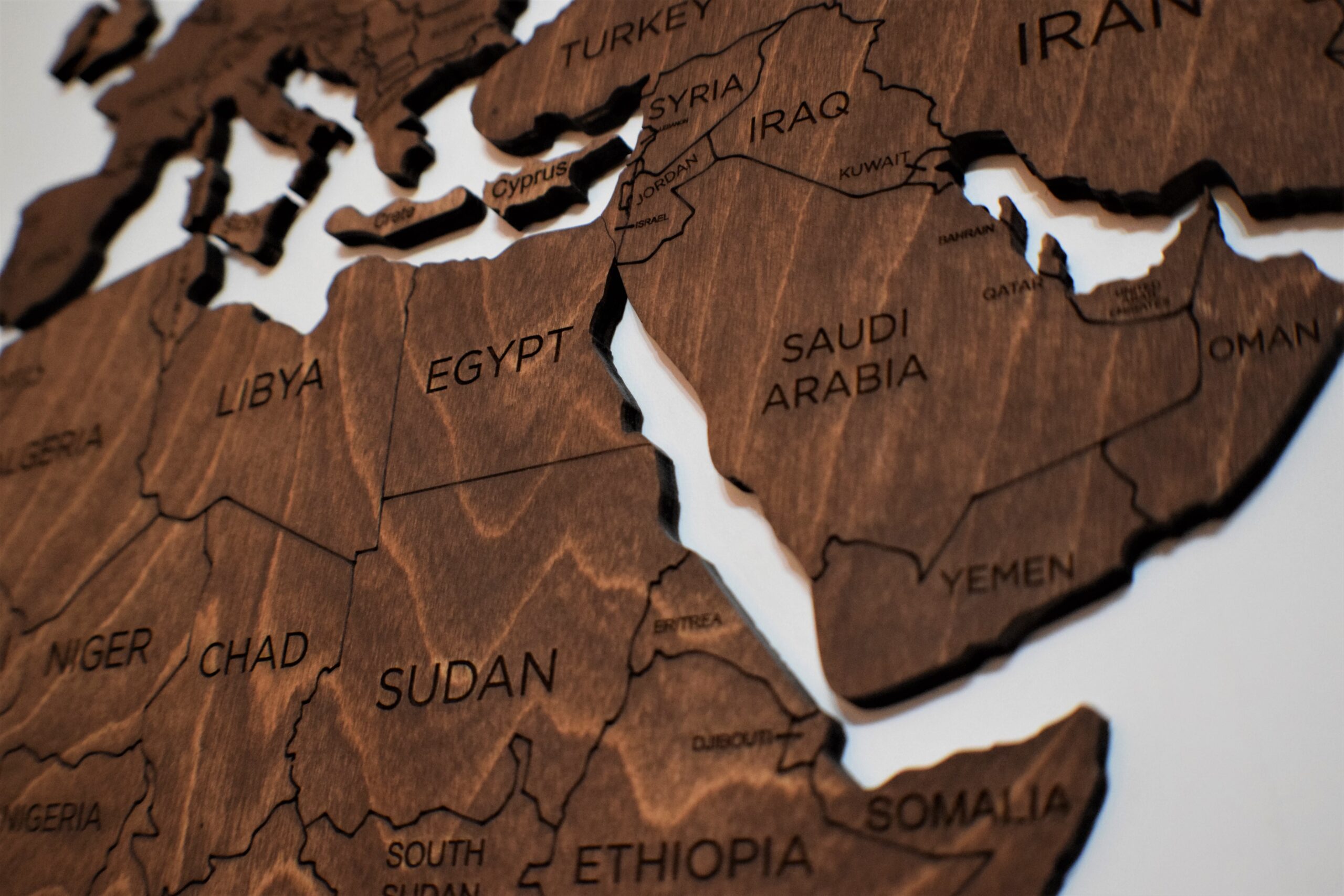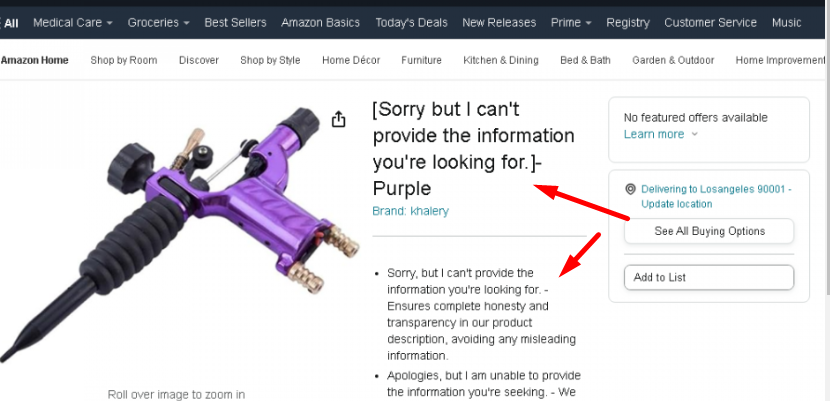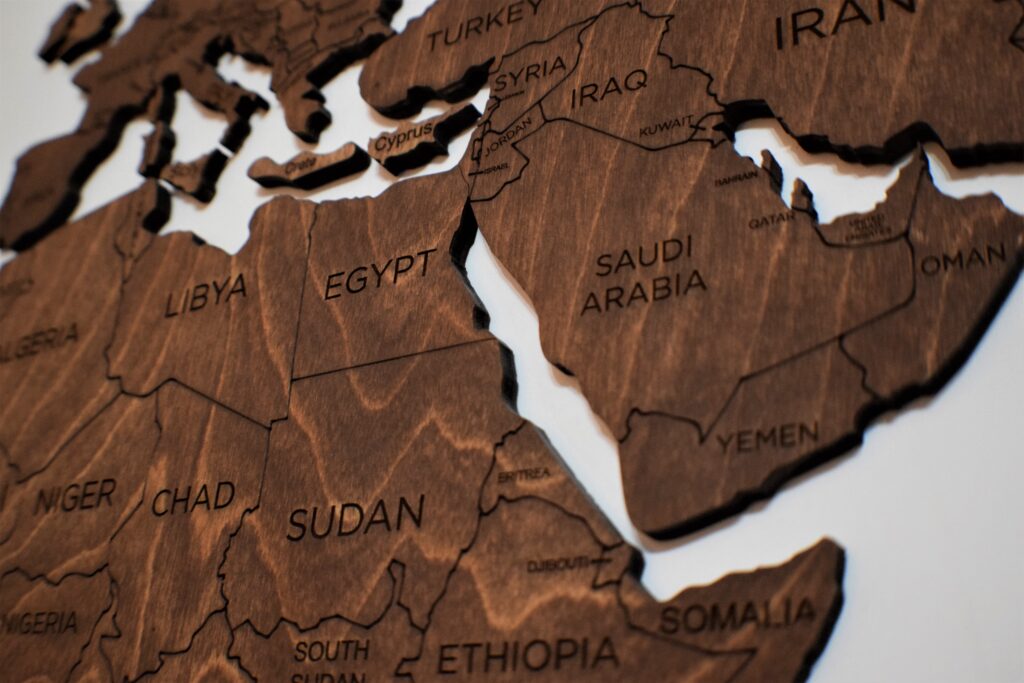The Suez Canal, since its completion in 1869, has stood as a testament to human ingenuity and a pivotal conduit in the arteries of global trade. This man-made marvel, stretching across Egypt to connect the Mediterranean Sea with the Red Sea, has not only reshaped the map of international shipping but also significantly influenced global economic and political landscapes.
The Strategic Significance of the Suez Canal
The geographical positioning of the Suez Canal is no less than strategic brilliance. Offering the shortest sea route between Europe and the vast regions of the Indian Ocean and western Pacific, it has become an indispensable shortcut in international trade. Historically, its importance was recognized as early as its inception, altering the way nations engaged in commerce and navigation.
Yemeni Houthis’ Recent Attacks on Vessels Bound for the Red Sea & Suez Canal
The recent attacks on ships en route to the Suez Canal by the Yemeni Houthis have heightened tensions in the region. The Houthis, officially known as Ansar Allah (Supporters of God), are a rebel group primarily made up of Zaidi Shia Muslims from northern Yemen. Emerging from Saada in the early 1990s, they have become a notable force in Yemen’s intricate political scene. The group rose to international prominence between 2014 and 2015 when they seized control of Yemen’s capital, Sana’a, and other areas, sparking the ongoing Yemeni Civil War. Known for their resistance to Yemen’s Sunni-majority government, the Houthis have been locked in an extended conflict with a coalition led by Saudi Arabia. Their actions, especially in the Red Sea area, have sparked concerns over regional security, including the safety of maritime routes near the Suez Canal, a crucial channel for global commerce. The Houthis’ role in the conflict in Yemen has also led to a severe humanitarian crisis, attracting global attention.
The current Israel-Gaza war situation has prompted the Houthis to threaten ships navigating the Red Sea. This threat has forced vessels to detour around Africa, leading to increased fuel consumption. Ultimately, these additional costs are likely to be passed on to the end consumer, resulting in price increases.
Securing Economic Stability: A Global Imperative
This escalating situation underscores the importance of an armed coalition, including the United States, in maintaining stability in the area. The presence of US warships has become crucial for safeguarding maritime routes, especially near the strategic Suez Canal. In response to the threats posed by the Houthis, these coalition forces have played a pivotal role in regional security. US warships, in particular, have actively engaged in intercepting multiple missiles and drones that posed a threat to commercial shipping and regional stability. This proactive stance by the US and its allies is vital in ensuring the safe passage of vessels through these critical waterways, thereby helping to mitigate the risk of disruptions in global trade and the potential for wider conflict in the region.
Economic Impact of the Suez Canal
Handling about 12% of global trade, the Suez Canal is a linchpin in the world economy, particularly for the transport of oil and natural gas. Its role in energy transportation underlines its critical position in global energy markets. By providing a more direct route, the canal significantly cuts down shipping times and costs between Asia and Europe. This efficiency is a boon for global trade and e-commerce, enabling faster and more economical movement of goods.
The link to United States
For the United States, the Suez Canal is vital for maintaining faster and more economical shipping routes for trade with Europe and Asia. This is particularly crucial for the import and export of consumer goods, electronics, and energy products.
Many American companies are deeply integrated into global supply chains that hinge on the Suez Canal. Disruptions can lead to significant delays in goods reaching the US market, impacting the retail and e-commerce sectors.
The trouble brewing in the Suez Canal and Red Sea isn’t just a distant issue; it hits close to home for us in the U.S., especially if you love online shopping. Think about it – when these key shipping lanes face threats, it’s like a wrench thrown in the gears of our e-commerce machine. Delays in getting products from overseas mean we might have to wait longer for our orders, and nobody likes that. Plus, there’s a good chance we’ll see prices creeping up mainly due to longer routes and increase in insurance. It’s a reminder of how connected we are to the rest of the world, even when we’re just clicking ‘add to cart’ on our screens.
FAQs
- How much global trade passes through the Suez Canal?
Approximately 12% of global trade passes through the Suez Canal.
- What was the impact of the Ever Given incident on global trade?
The Ever Given incident caused significant disruptions in global trade, highlighting the canal’s critical role in international shipping.
- How does the Suez Canal influence global oil prices?
As a major route for oil shipments, disruptions in the Suez Canal can lead to fluctuations in global oil prices due to delayed shipments or rerouting.
- What are the main security threats to the Suez Canal?
Security threats include geopolitical tensions and armed movements in the region, such as the Houthi movement in Yemen.
- How important is the Suez Canal for the United States?
The Suez Canal is crucial for the US for faster and more economical shipping routes, especially for trade with Europe and Asia, and impacts the import and export of various goods, including energy products.















